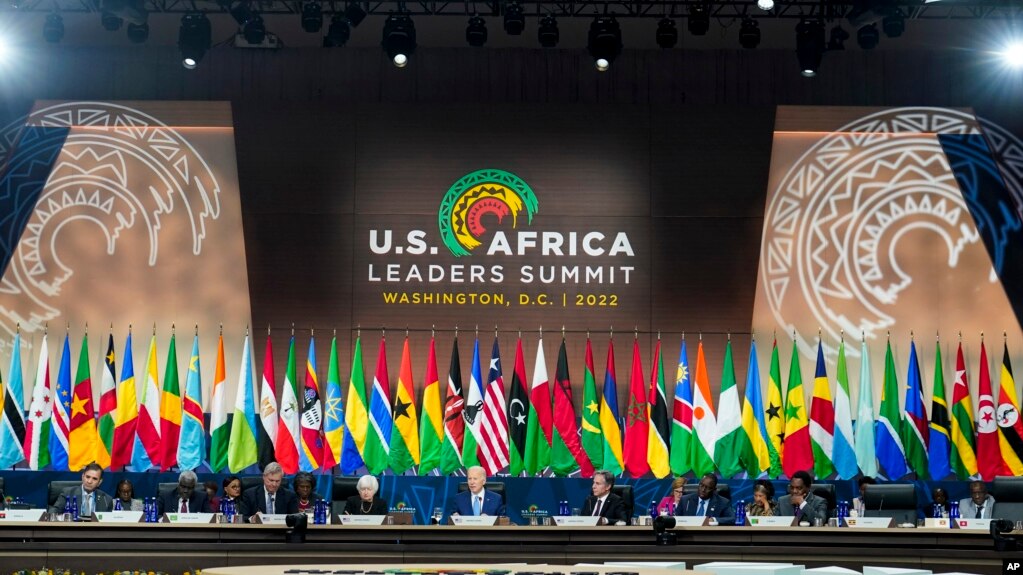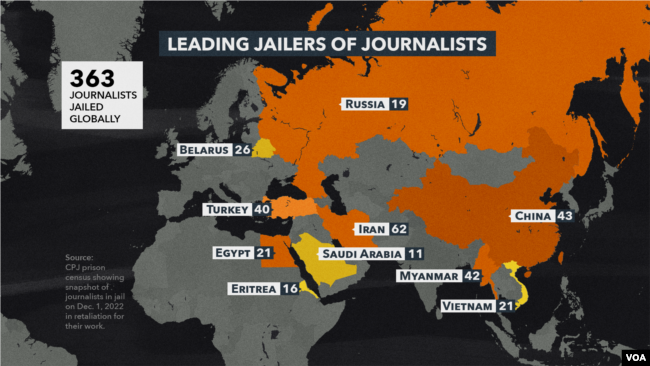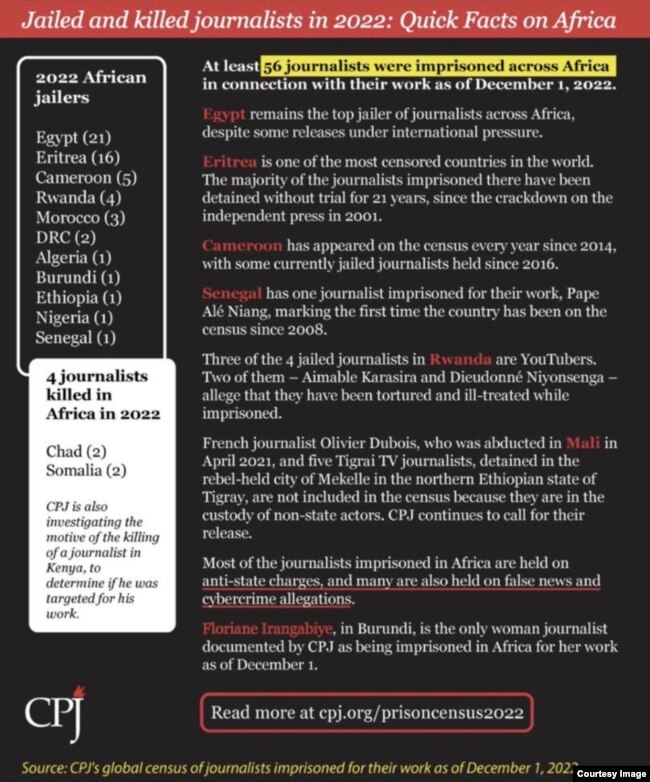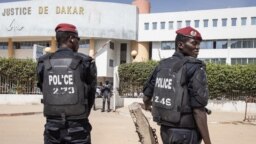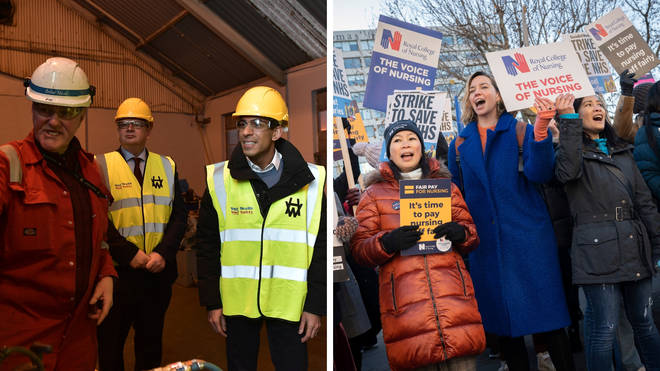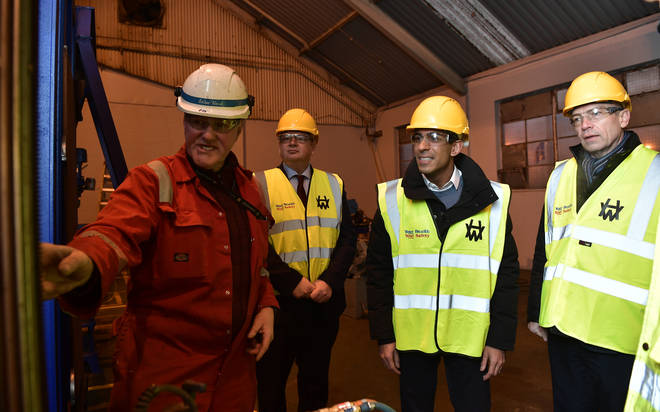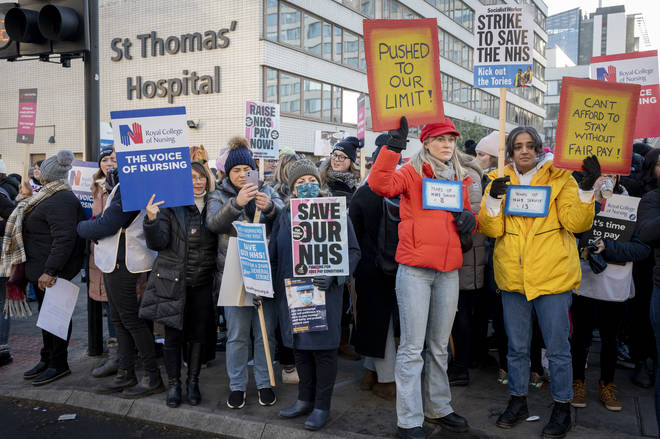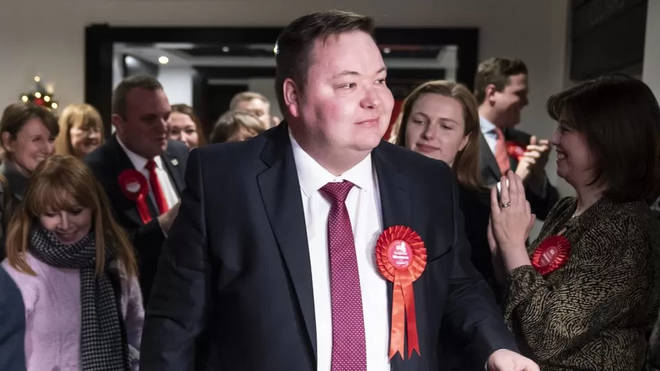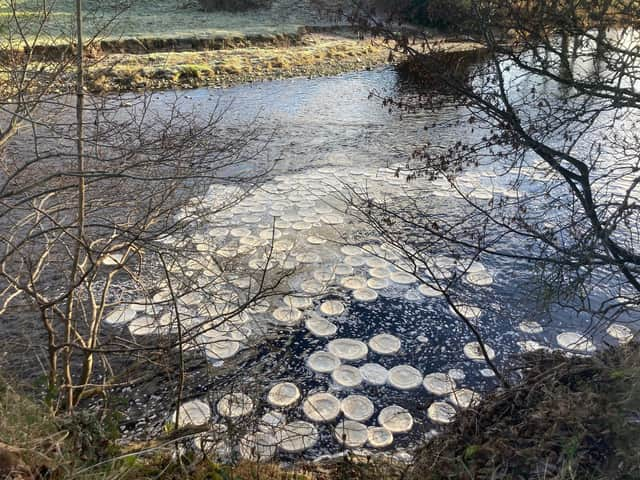Iran protests enter fourth month despite crackdown
Videos show demonstrations against the country's leaders in Sistan and Baluchestan province on Friday
:quality(70)/cloudfront-eu-central-1.images.arcpublishing.com/thenational/3UDTDENU6CZQRHXPAT5JTHVO7M.jpg)
Anti-government protests in Iran entered their fourth month on Friday despite a bloody crackdown, mass arrests and the executions of detained protesters.
Sparked by anger over the death in police custody of Mahsa Amini, a young Iranian Kurd woman arrested for allegedly violating the dress code for women, on September 16, the demonstrations have spread across the country.
On Friday, protesters in Zahedan, the capital of Sistan and Baluchestan province, chanted "Death to the dictator", a reference to Iran's supreme leader Ayatollah Ali Khamenei, according to a verified video shared by Oslo-based Iran Human Rights. Other images from Zahedan showed crowds of men, some raising posters with anti-regime slogans, and a group of black-clad women marching down what appeared to be a nearby street, also chanting slogans.
US-based rights group HRANA said hundreds rallied after Friday prayers in Zahedan, which has seen weekly protests since the security forces killed more than 90 people in the city on September 30, in what has been dubbed "Bloody Friday".
The trigger for that violence was protests over the alleged rape in custody of a 15-year-old girl by a provincial police commander. But analysts say Baluchs were inspired by the protests that flared over Amini's death, which were initially driven by women's rights but have expanded to include other grievances.
Sistan and Baluchestan, on Iran's south-eastern border with Afghanistan and Pakistan, had been the site of often deadly violence even before nationwide protests erupted.
The province's Baluch minority, who adhere to Sunni Islam rather than the Shiite branch predominant in Iran, have long complained of discrimination.
Last week, a cleric was killed after being kidnapped from his mosque in the town of Khash.
Zahedan's chief prosecutor said on Tuesday that the killers of cleric Abdulwahed Rigi had been arrested, and accused them of seeking to stir trouble between Sunnis and Shiites.
The largely peaceful demonstrations sparked by Amini's death have been met with a crackdown by the Iranian security forces that has killed at least 458 protesters, according to a toll issued on December 7 by the Norway-based IHR.
Iran's top security body, the Supreme National Security Council, said on December 3 that more than 200 people had been killed in the unrest, including security personnel.
The United Nations says Iran's security forces have arrested at least 14,000 people.
Iran's judiciary said it has handed down 11 death sentences in connection with the protests.
Iran executed Mohsen Shekari on December 8 and Majidreza Rahnavard on Monday. Both were 23 years old.
Rahnavard was hanged in public rather than in prison as has been usual in the Islamic republic in recent years.
The London-based rights group Amnesty International said on Friday that at least 26 people were at risk of execution in connection with the protests in Iran.
:quality(70)/cloudfront-eu-central-1.images.arcpublishing.com/thenational/N4I2ASOXRT3M7J72O73SB3GDKI.jpg)
The crackdown on the demonstrations has led to international condemnation, sanctions and Iran's removal on Wednesday from a UN women's rights body.
Solidarity protests have also erupted worldwide, and a group of Iranians in Germany on Friday reached the final day of a hunger strike while camped outside their country's consulate in the city of Frankfurt.
Ultraconservative cleric Ahmad Khatami, meanwhile, lashed out at the European Union after the bloc slapped him with sanctions over what it called "repression against protesters".
Mr Khatami was sanctioned for allegedly inciting violence against protesters, including demanding the death penalty.
During a Friday sermon in Tehran, the cleric said the EU had a "black" human rights record, state news agency IRNA reported.
The EU "is on the top of the list of human rights violators", he was quoted as saying.
Iran's foreign ministry on Thursday condemned the EU measures, branding them "unacceptable and groundless".
Iran has accused the US and other countries of fomenting the protests.
With reporting from AFP


